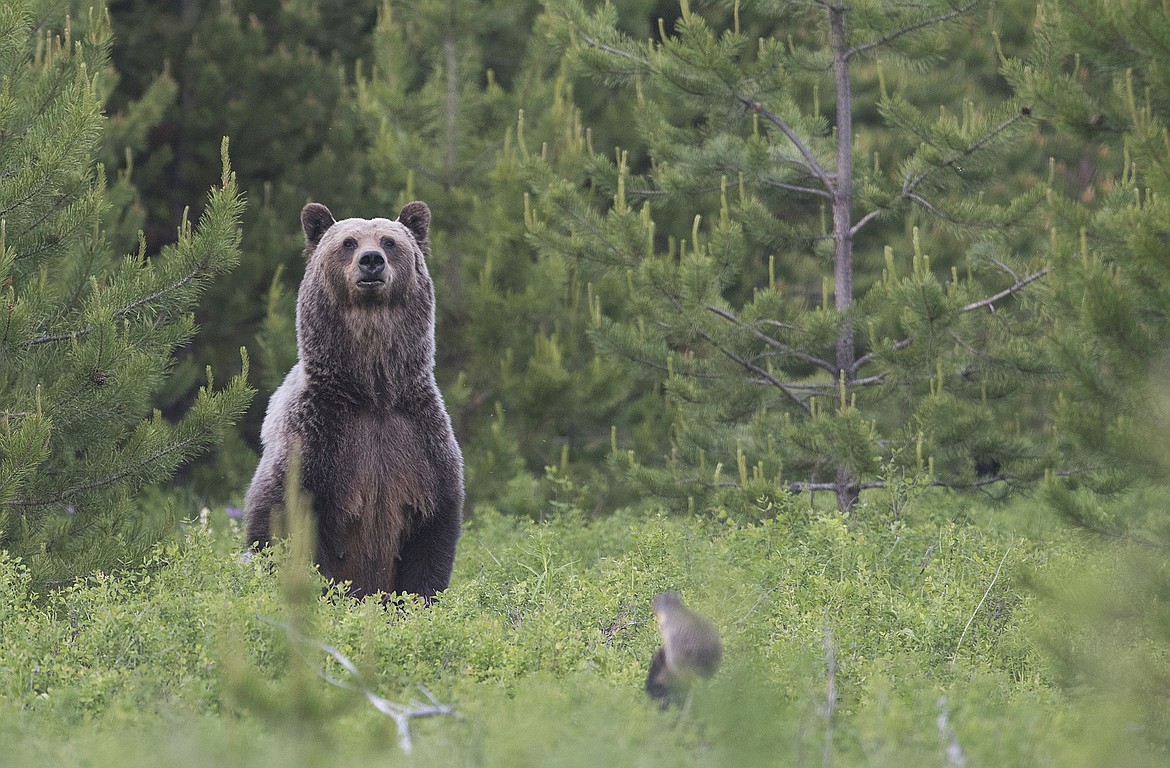U.S. Fish and Wildlife takes over grizzly bear relocations
The U.S. Fish and Wildlife Service (USFWS) will now be responsible for relocating grizzly bears to prevent or mitigate conflicts in certain areas of Montana...
Become a Subscriber!
You have read all of your free articles this month. Select a plan below to start your subscription today.
Already a subscriber? Login



